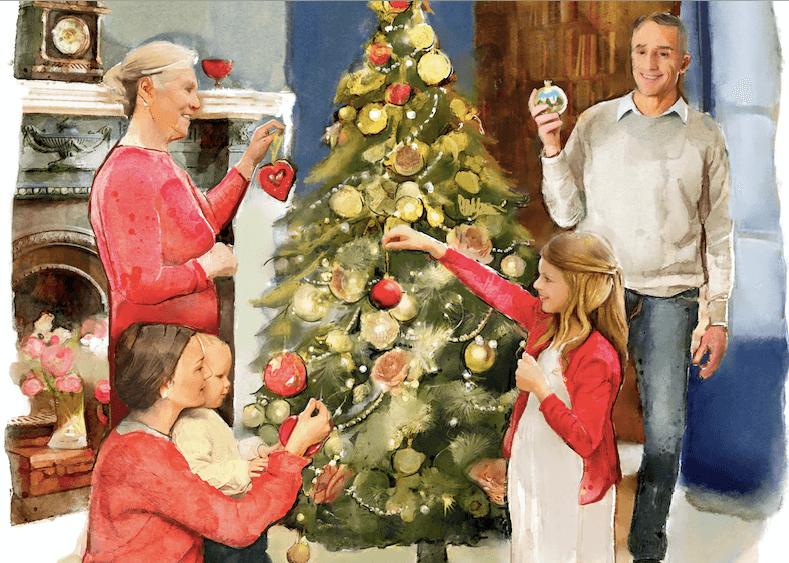Recently, I stumbled across this adage attributed to Ben Franklin: “Be at war with your vices, at peace with your neighbors, and let every new year find you a better man.”
Often, we aim to become better people when the calendar flips us into January. Even the most common New Year’s resolutions, to exercise more and to lose weight, require self-discipline and perseverance if we are to match desire with success.






